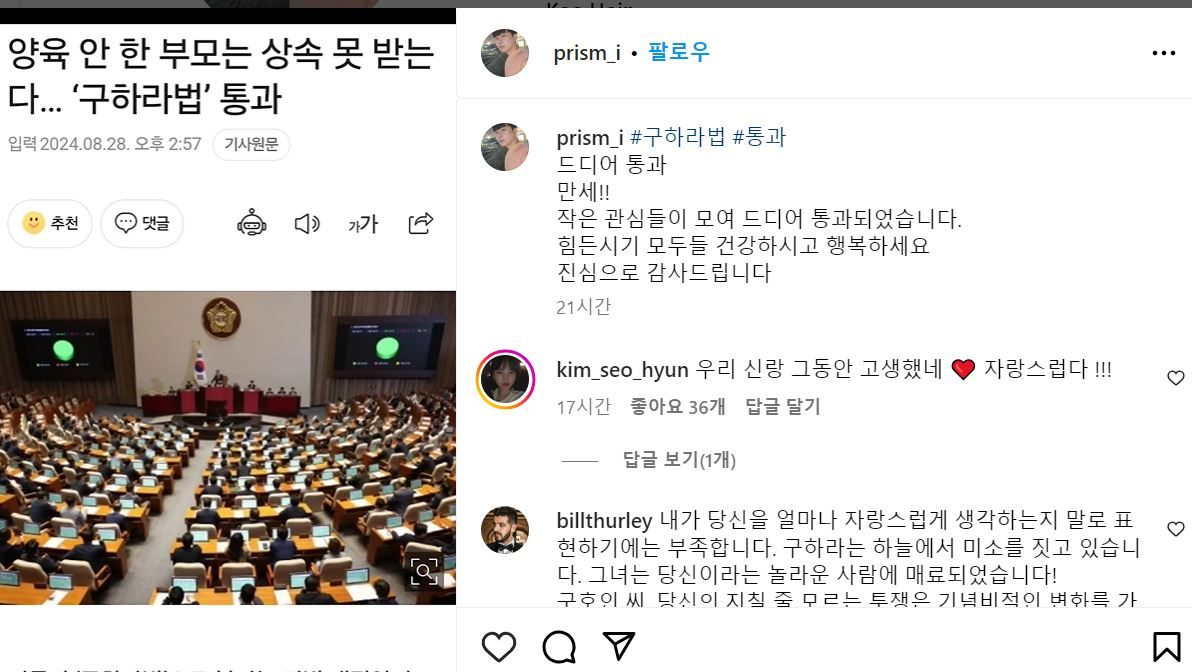"Brick toaster" aims to cut global CO2 emissions by 15% in 15 years
A quarter of humanity's carbon emissions come from industrial energy use – and a huge portion of that energy goes into creating heat for various processes. And right there lies a slam-dunk decarbonization opportunity that'll pay for itself incredibly quickly, reasons Oakland company Rondo Energy.
"We're at a spectacular moment in history," Rondo CEO John O'Donnell told the Wharton Current podcast. "Where on a per unit of energy cost basis, wind and solar power are cheaper than fuels. Not just cheaper than conventional electricity, but cheaper than fuel for heat in most of the world – headed for all of the world."
In other words, thanks to a huge crash in the price of renewable energy, there's no longer a "green premium" stopping most industrial heat consumers from decarbonizing and switching to clean solutions. The barrier, instead, is intermittency; you can buy renewable energy out of the grid at extremely low cost, right now – but only when the solar arrays are producing too much for the grid to use. You can't run your factory 24/7 that way unless you can store that energy up.
(责任编辑:资讯)
- ·高温难耐,工会驿站化身“清凉小屋”
- ·Smith sets sights on Dutch
- ·Marquinhos hopes for solution to Mbappe dispute
- ·Golf tours drop no
- ·How to Backup Your Gmail Account
- ·New security chief says Seoul should ‘take the lead’ in restoring two
- ·Dude is so thirsty he actually believes that threesome invitation at Buckingham Place is real
- ·The Tesla of motorcycles probably doesn't have to worry about Tesla
- ·Gastro Obscura's Guide to Where to Eat in Nashville
- ·Opera adds WhatsApp and Facebook Messenger right into the browser
- ·The Astounding World of Automata
- ·Hong meets with McCain to outline Moon's policy on alliance, N. Korea
- ·雨城区工商局东城工商所积极争创“人民满意工商所”
- ·How long can Disney keep a declining ESPN?
- ·New Grok response directs users to Vote.gov for election questions
- ·Dude is so thirsty he actually believes that threesome invitation at Buckingham Place is real
- ·吴理真非茶祖? 茶文化专家称该质疑是误解
- ·南农晨读丨天天有鱼 年年有余
- ·PS5 Pro: It looks like a sketch of the design just leaked
- ·Fernandes, Sancho give United win over Arsenal






![[Breaking] NK's missile flew about 500 kilometers: S. Korea's JCS](http://res.heraldm.com/content/image/2017/05/21/20170521000286_0.jpg)






